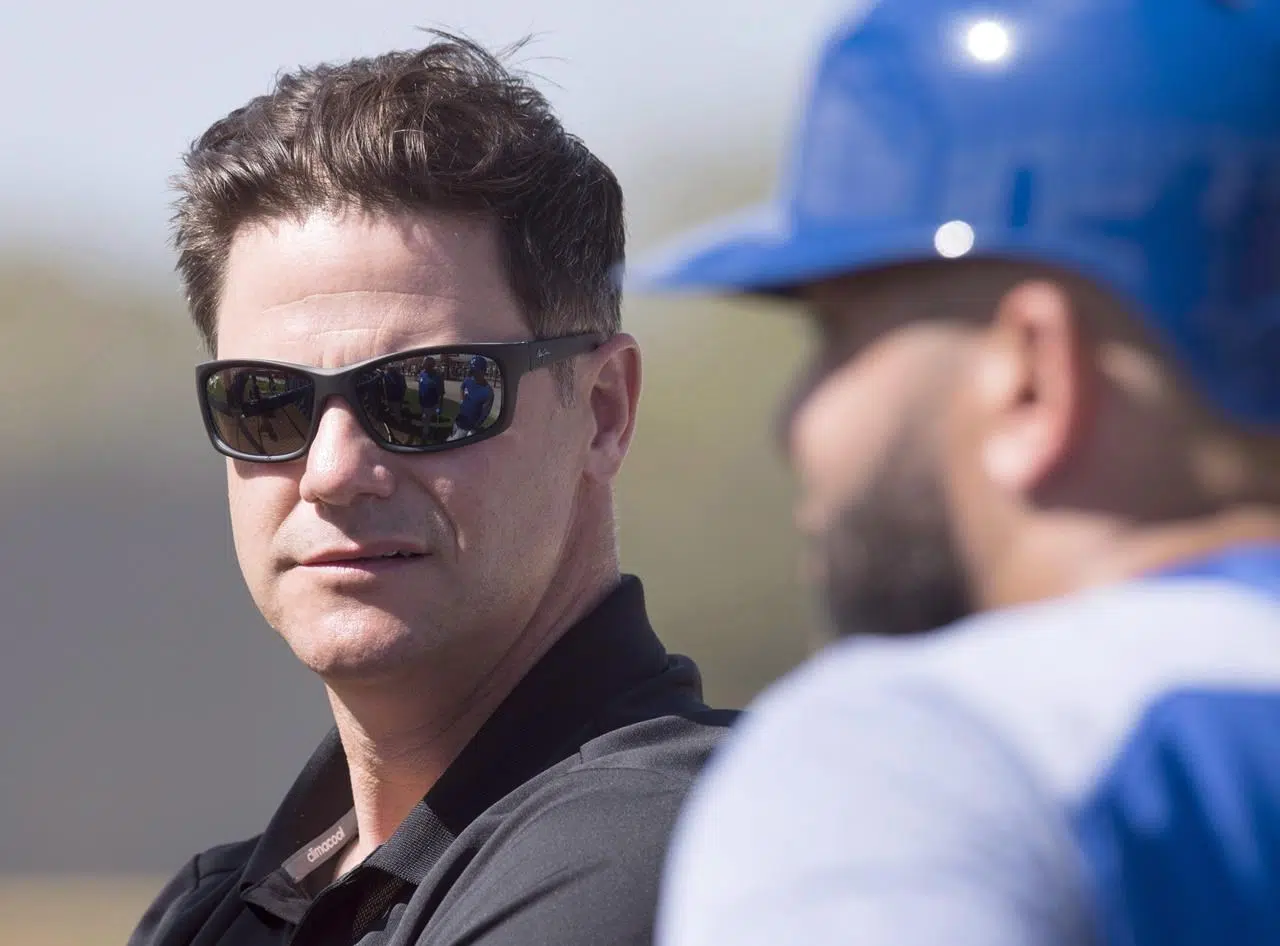
Blue Jays putting emphasis on mental performance throughout organization
TORONTO — The so-called mind gym is one of the first places new draft picks go at the Toronto Blue Jays’ training facility in Dunedin, Fla.
It’s a group workshop where they learn the importance of mindfulness and get an introduction to the Blue Jays’ mental performance coaching staff. Like meeting with the organization’s strength and conditioning co-ordinator or nutritionist, Toronto general manager Ross Atkins sees mental performance as critical to every player’s development.
“Thinking about performance, thinking about being an elite athlete, we feel as a department that you have to have every resource possible for them to realize their potential,” said Atkins. “You think about an athlete fundamentally, which is the more skill-specific coaching, you think about them physically, which is on the strength and conditioning side, and then you think of them mentally.”
When Atkins became Blue Jays GM in December 2015, he and director of high performance Angus Mugford made hiring sport psychologists a priority. Starting with Mugford, who is a former president of the Association for Applied Sport Psychology and has a PhD in the discipline, Toronto went from having no mental performance coaches to six, the largest such department in Major League Baseball.


